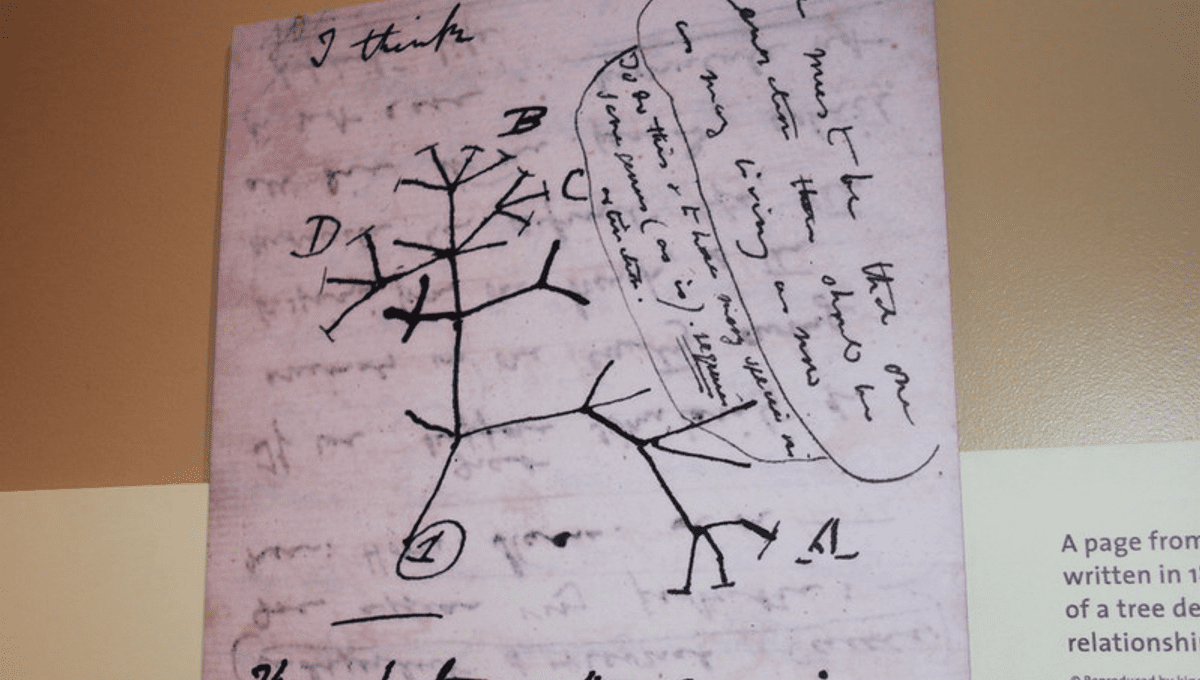
A study of 5,500 students aged 14-16 has investigated factors associated with accepting or rejecting evolution as the explanation for the diversity of life. The study was conducted in Brazil and Italy, so the results may not be universally applicable, but it challenges the idea that hostility to the evidence for evolution is all about religious belief.
The paper, published in PLOS ONE, was not suited to identifying all the factors that shape responses to evolution, but set out to tackle the question of whether religion dominates.
“Conservative societies like Brazil tend to be more averse to the evolutionary ideas proposed by Darwin and included in the school curriculum,” said senior author Professor Nelio Bizzo of the University of São Paulo in a statement. “We wanted to investigate in more depth the clash between religion and evolution because we needed to explore the mechanisms of evolution in order to understand biodiversity and its conservation. They’re related. Students will better understand the consequences of extinction of a species, or local and global extinctions, for example, if they’re familiar with such concepts as common ancestry, natural selection and the origin of species.”
To assess what drives anti-evolutionary beliefs, Bizzo and co-authors sought responses to statements like “Different organisms may have a common ancestor” and “The formation of our planet occurred some 4.5 billion years ago.”
Both have been accepted by the hierarchy of the Catholic Church for decades, but are considered heresy by many of the Protestant denominations growing rapidly in Brazil.
Consequently, it might be expected that the major differences in response would reflect which church the students’ parents were affiliated with.
However, the authors found that on most questions, Brazilian Catholics’ responses were closer to those of Brazilian Protestants than to their co-religionists across the Atlantic.
Strangely, the results between apparently similar questions could be very different. In general, Italian students were far more pro-evolution than the Brazilians. For example, 85 percent endorsed the statement “humans are descended from other primate species”, compared to 48 percent of Brazilian students.
Yet fewer Italian students agreed that “the human species has inhabited planet Earth in the last 100,000 years” than Brazilians, perhaps because half the Italian Catholics chose not to answer it. A follow-up study into why this question evoked such different responses from others might prove very revealing,
Nevertheless, the overall pattern was that nationality and sociocultural factors like parental income and broad attitudes to science matter more than religious affiliation.
“Our study wasn’t about whether people understood evolution. It went a step further by analyzing acceptance, which is necessary to achieve comprehension. If you don’t accept the idea of thinking about a subject, your understanding is inevitably compromised,” Bizzo said. Wider samples, particularly in countries with more religious diversity, are clearly called for.
Still, Bizzo and co-authors think there are lessons already for science education. “Many textbooks evidently think religion alone is the most important factor when tackling evolution, which leads to Darwin’s theory being intermingled with the narrative of Genesis,” Bizzo said. “Our study shows that’s wrong.”
This work contradicts some previous studies conducted in Europe. Bizzo attributes the difference in part to using binary answers, rather than asking students how true they think things are on a scale of one to five. Which approach is better may be up for debate, but Bizzo makes another point that is harder to argue with: it’s important for surveys like this to be anonymous. Previous studies may have been affected by students giving more socially acceptable responses, rather than their true opinions, because they were worried others would find out what they said.
The paper is open access in PLOS ONE.
Source Link: Why Do Students Reject Evolution? Religion Is Not The Biggest Factor